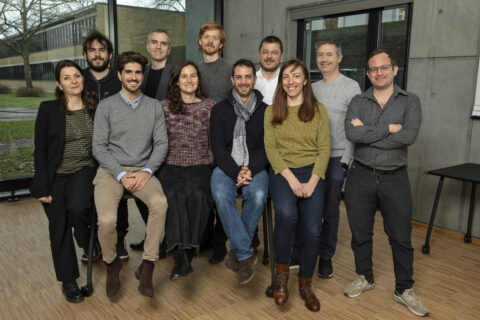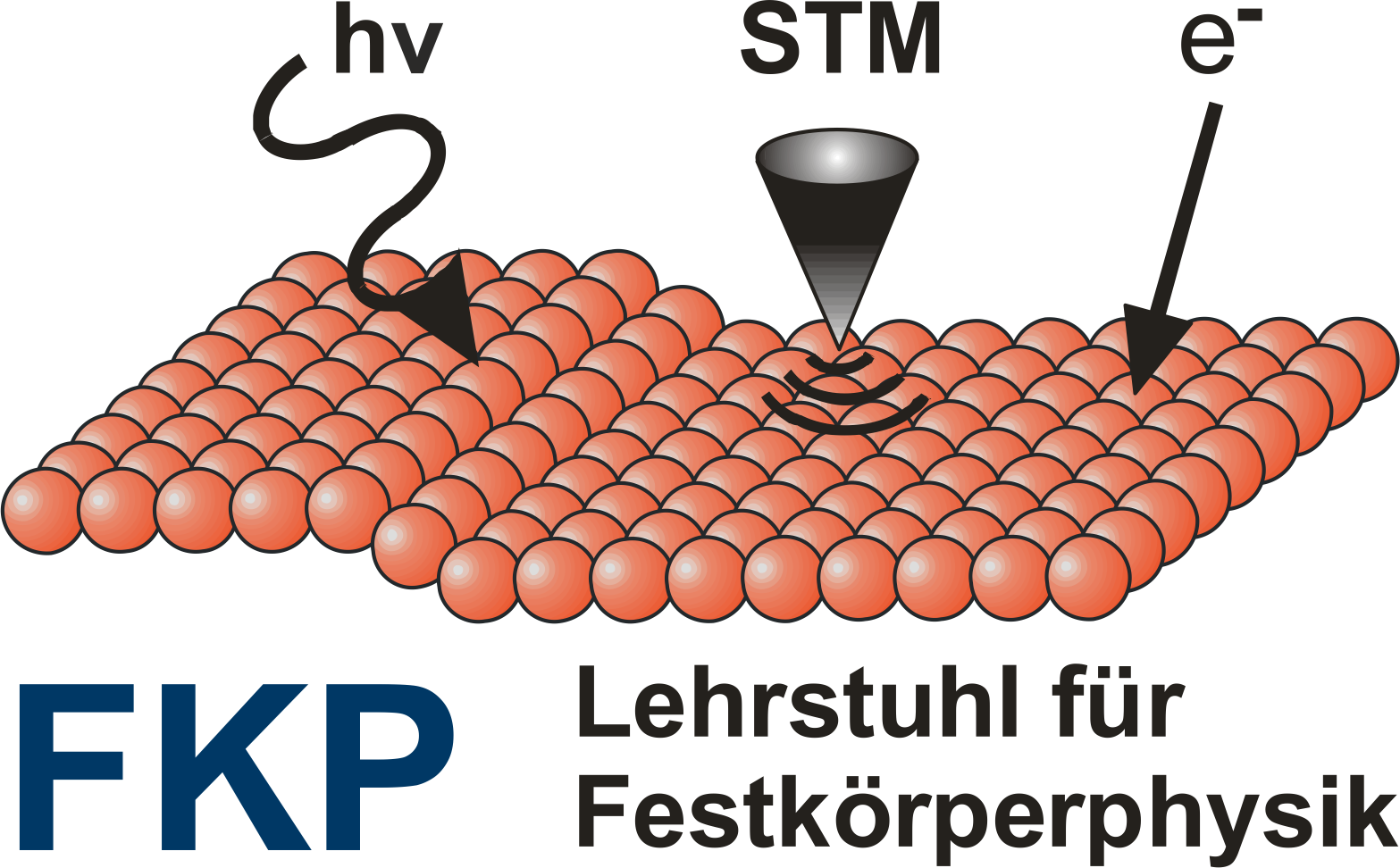SPARKLE got funded! Prof. Fausti’s group is involved in a new Marie Skłodowska-Curie doctoral network to harness light-matter hybrid systems

On 9-10th January, a new Marie Skłodowska-Curie doctoral network has kicked off: SPARKLE is a cutting-edge European research initiative with the aim of exploring polaritonics and light-matter hybrid systems.
The project – funded by the European Union’s Horizon Europe research and innovation programme – brings together 13 leading experts in theory and experimentation from 10 different institutions across Europe. Guided by the principle of “model – simulate – design – measure”, SPARKLE integrates theoretical and experimental approaches to light-matter interactions, focusing on quantum material modeling, probing light-dressed properties experimentally, advancing spectroscopy techniques, and designing customized light sources.
Beyond its scientific mission, the goal of SPARKLE is training 14 early-career researchers through an interdisciplinary curriculum spanning theoretical solid-state physics, quantum optics, ab initio material simulations, photonic engineering, laser physics, and ultrafast spectroscopy. The participants will also gain entrepreneurial, organizational, and management skills.
In the Fausti group, we will be focusing on the study of solid-state systems embedded in optical cavities via ultrafast optical techniques and time-resolved Raman spectroscopy. We will use cavity electrodynamics to control the spin-Peierls phase transition in 1-dimensional spin ½ chains.
If you are interested in a PhD position and are excited to become part of this collaborative network, please contact Prof. Fausti.
